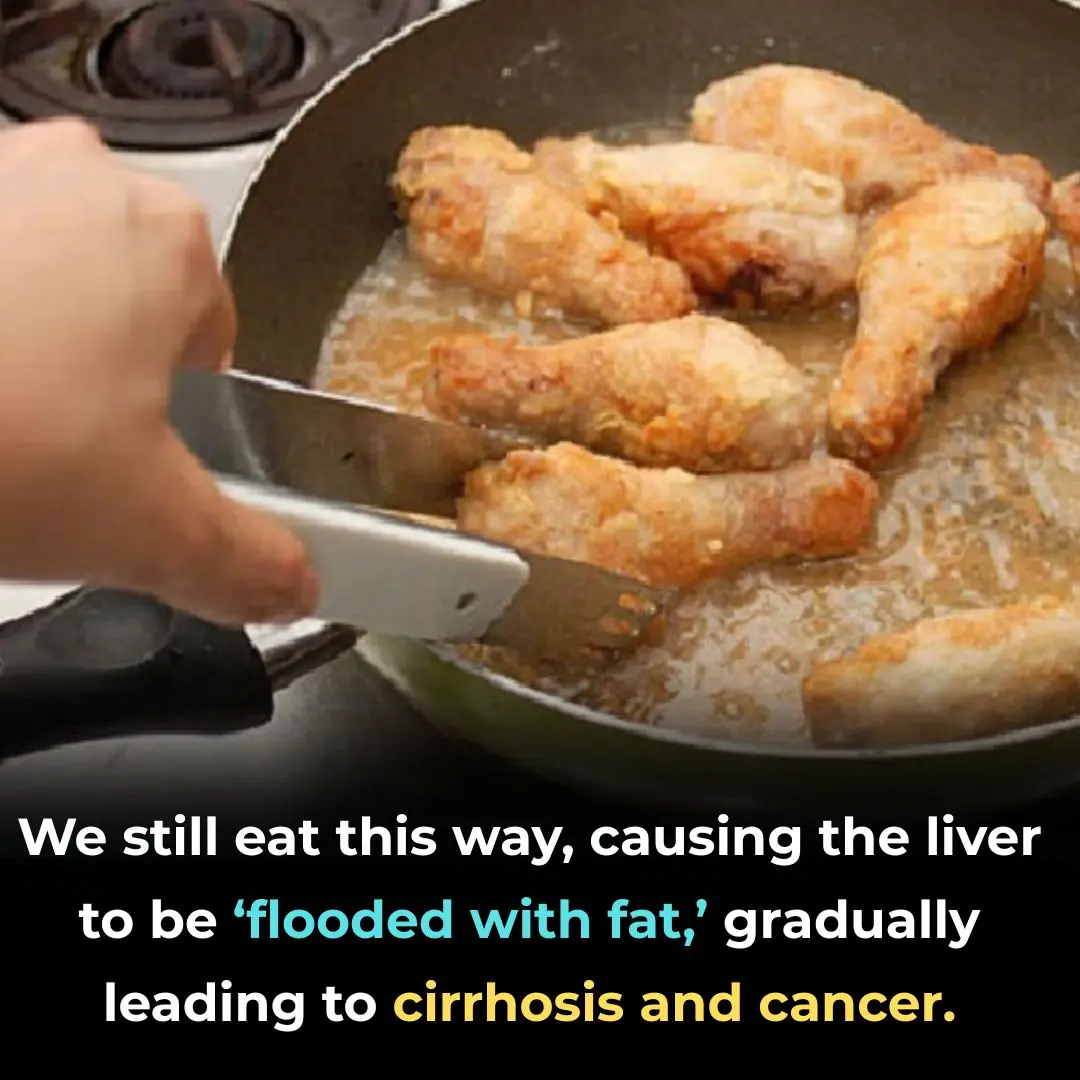
The Coffee-Drinking Habit That Cancer ‘Loves’: Why You Should Never Make This Mistake
A new large-scale study involving more than 450,000 participants in the United Kingdom has revealed a dangerous drinking habit linked to a higher risk of esophageal cancer — and it’s something many coffee and tea lovers do every day without realizing the danger.
🔥 Drinking Very Hot Coffee or Tea Can Raise Cancer Risk
Researchers found that frequent consumption of very hot drinks — such as coffee or tea served above 65°C (149°F) — may significantly increase the risk of developing esophageal squamous cell carcinoma (ESCC), a serious cancer affecting the tube that carries food from the throat to the stomach.
The study, published in the British Journal of Cancer, analyzed health data from over 450,000 people in the UK Biobank and tracked them for an average of 12 years. Those who drank eight or more cups of very hot beverages daily were found to be nearly six times more likely to be diagnosed with ESCC compared to those who did not consume hot drinks at all (source: British Journal of Cancer, 2024).
☕ How Hot Is Too Hot?
Participants were asked to rate their preferred beverage temperature:
-
17% chose “very hot,”
-
66.5% chose “hot,”
-
and 15.3% chose “warm.”
Women were slightly more likely than men to prefer their drinks “very hot.” According to researchers, the “very hot” category typically refers to drinks above 65°C, a temperature considered harmful by the World Health Organization’s International Agency for Research on Cancer (IARC).
In fact, in 2016, the IARC classified beverages hotter than 65°C as “probably carcinogenic to humans.”
📈 The Hotter (and More Often) You Drink, the Higher the Risk
The study also found a clear dose–response relationship — meaning the more very hot beverages people consumed, the higher their cancer risk rose:
-
2.5 times higher for those drinking at least four cups daily,
-
3.6 times higher for those drinking four to six cups,
-
4.7 times higher for those consuming six to eight cups every day.
This link remained even after accounting for smoking and alcohol use — two major risk factors for esophageal cancer (source: Cancer Research UK, 2023).
🧬 Why Does Heat Cause Cancer?
The exact biological mechanism isn’t fully understood, but scientists believe that repeated exposure to extremely hot liquids can damage the delicate lining of the esophagus. Over time, this irritation and chronic inflammation may trigger abnormal cell growth, eventually leading to cancer (source: The Guardian Health, 2023).
Animal studies support this theory: one experiment found that mice given 70°C water developed tumor-promoting lesions in their esophageal tissue (source: National Cancer Institute).
🌍 Global Evidence Confirms the Danger
This isn’t the first time researchers have sounded the alarm. A 2019 study in Iran published in the International Journal of Cancer showed that people who drank tea at temperatures above 60°C were 90% more likely to develop esophageal cancer than those who waited for their tea to cool.
Similarly, Cancer Research UK noted that 60°C is hotter than most cups of tea served in Britain, suggesting that letting your drink cool for even a few minutes — or adding a splash of milk — can make a significant difference in safety (source: Cancer Research UK, 2019).
💡 How to Protect Yourself
Experts recommend these simple steps to reduce your risk:
-
Wait at least 4–5 minutes before drinking freshly brewed coffee or tea.
-
Add cold milk or water to lower the temperature.
-
Avoid consuming beverages that feel painfully hot on your tongue or throat.
-
Use a thermometer mug if you frequently drink scalding beverages.
☕ A Safer Sip
Coffee and tea, when enjoyed moderately and at a safe temperature, are linked to several health benefits — from improved metabolism to reduced risk of heart disease. However, when served excessively hot, these same drinks can turn from protective to potentially harmful.
As BBC Health summarized:
“It’s not the coffee that’s the problem — it’s the temperature.”
So next time you brew your morning cup, remember: patience can save your health.
News in the same category


Apply This Simple Mixture — Even the Dullest Knives Will Become Razor-Sharp and Sparkling Clean

The Tiny Hole at the End of a Nail Clipper Has a Special Purpose — Most People Never Knew

Natural Tricks to Clean Rusty, Greasy Gas Stoves — Make Them Shine Like New
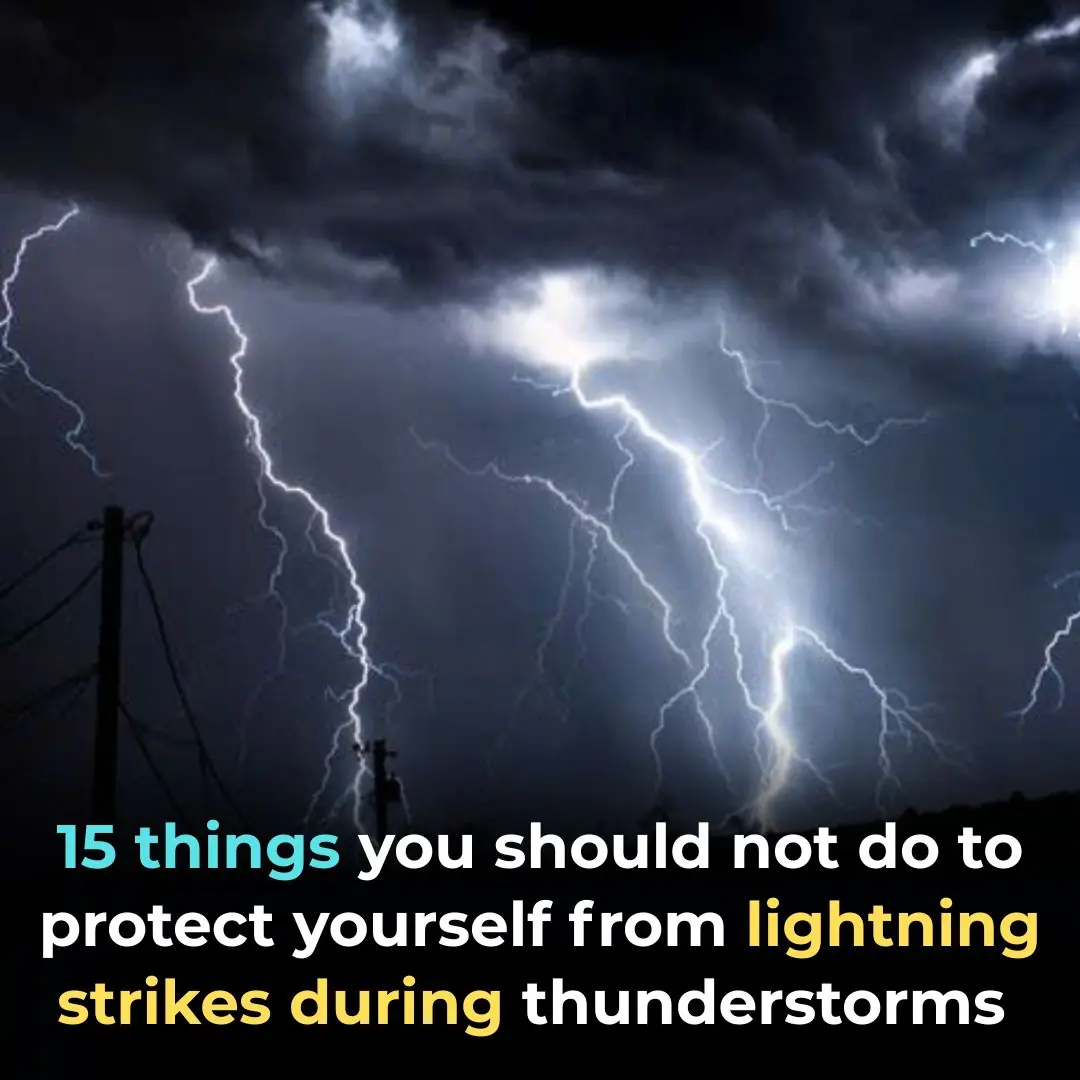
15 Things You Should Never Do During a Thunderstorm

8 Surprising Things You Can Do With Leftover or Expired Beer — You’ll Never Throw It Away Again!

Smart Ways to Fade Freckles and Reveal a More Even, Radiant Skin Tone

Everyday Emergencies: Small First-Aid Tricks That Could Save a Life

GTA 6 price set to soar for country of 130M people ahead of May 2026 release

Shaq’s Son Shaqir Pulls a $130K Stunt at Dad’s Expense. Here’s What He Did

14-Year-Old Texas Teen Follows In Older Sister’s Footsteps Of Graduating College Early

Heroic Connecticut Teen Rescues Mother and Three Children From A Burning Car

Black-Owned Social Platform ‘SPILL’ Launches Equity Crowdfunding Round for Users

11-Year-Old Uses Money From Lemonade Stand To Donate 22,000 Diapers To Single Mothers

This 102-Year-Old WWII Veteran Just Crossed Skydiving Off Her Bucket List

8-Year-Old Choreographs His Own Ballet Recital After His Was Cancelled
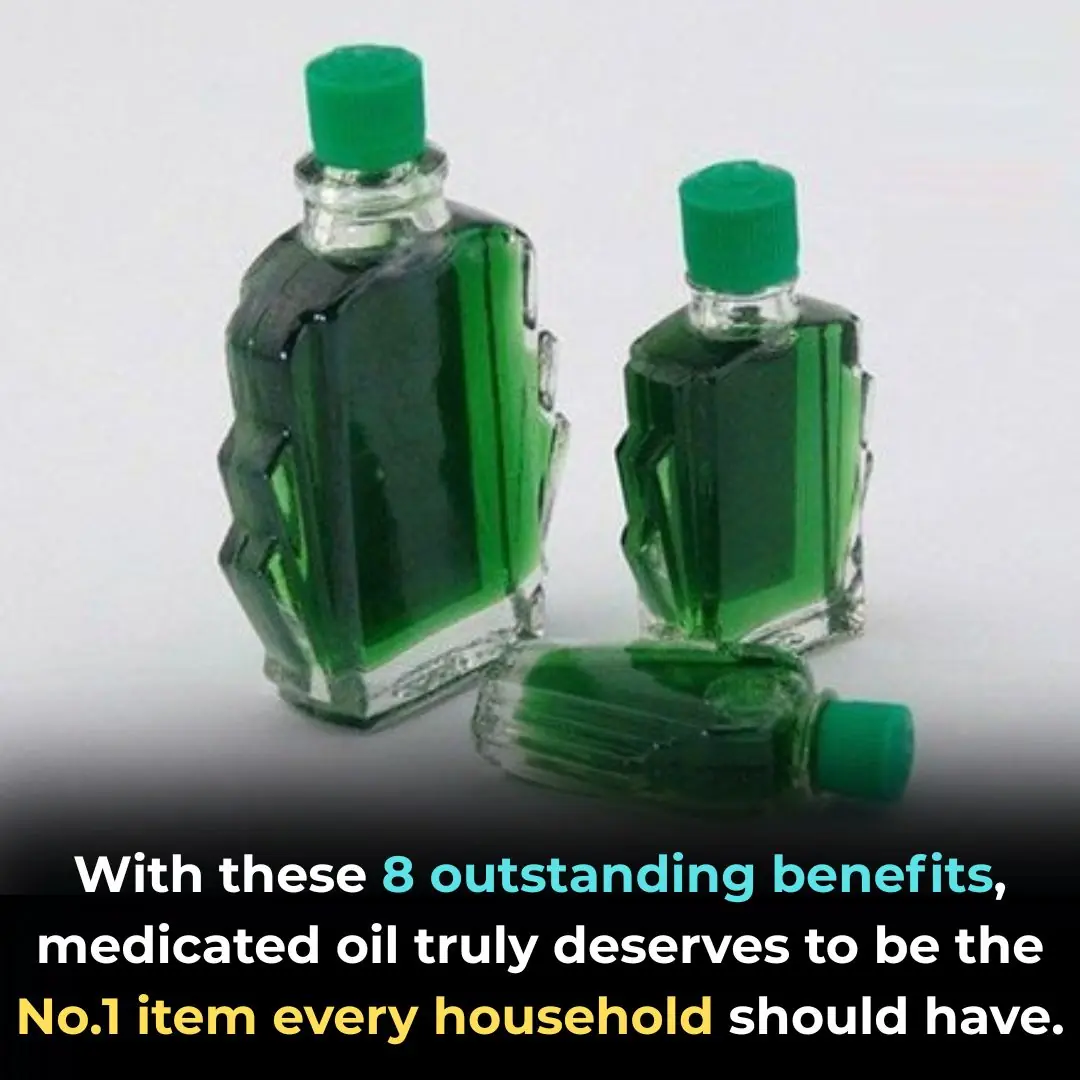
8 Little Miracles Starting from One Drop of Balm (Menthol/Oil) — Many People Have It but Don’t Know How to Use It

Place Two Cups at Your Hotel Door — It Brings a Special Benefit Everyone Should Try

Don’t Use a Whetstone! Try This Simple Trick to Make Your Dull Scissors Sharp as New
News Post

The Vietnamese Diet Habit That’s Damaging the Liver: A Silent Path Toward Fatty Liver, Cirrhosis, and Even Cancer

Apply This Simple Mixture — Even the Dullest Knives Will Become Razor-Sharp and Sparkling Clean

The Tiny Hole at the End of a Nail Clipper Has a Special Purpose — Most People Never Knew

Natural Tricks to Clean Rusty, Greasy Gas Stoves — Make Them Shine Like New

15 Things You Should Never Do During a Thunderstorm

8 Surprising Things You Can Do With Leftover or Expired Beer — You’ll Never Throw It Away Again!

Clear the apartment, I am the new wife of your husband, I will live here!” — a woman grinned and announced to me on the doorstep.

My husband called me poor in front of the guests, but he didn’t know something.

Your parents won’t be attending the wedding,” said the future mother-in-law to the bride.

Your wife stole my necklace!” – Mother-in-law shouted. “She’s a thief! I’ll have her locked up!
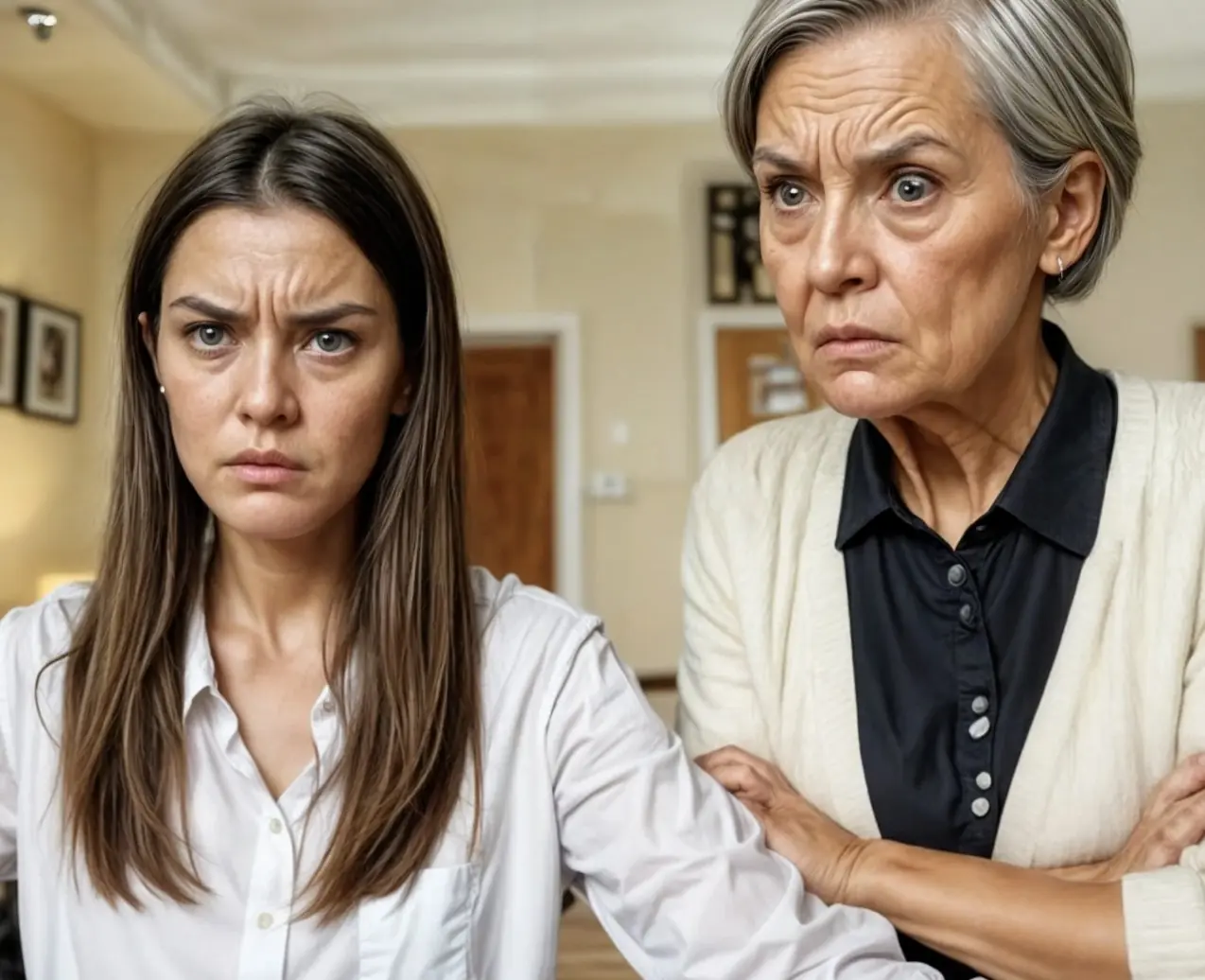
My salary is spent by me, Elena Viktorovna, and your son has a separate budget!” – the daughter-in-law retorted to her mother-in-law.

— They’re not my children,” screeched the aghast husband. “Lada, they’re… dark-skinned! Who did you pick them up from?

Decided to seduce the second son, too?” the mother-in-law screamed (upon discovering her daughter-in-law’s high-heeled shoes).

— So, sweetie, you’ll sell the summer house, give me the money, and I’ll pay off your husband’s debt, declared the mother-in-law as she looked at her daughter-in-law.

Having learned from the doctor that her mother-in-law’s discharge had been postponed for a week, the wealthy man’s wife sensed something was amiss and pleaded with the nurse to keep an eye on her husband…

Pack your things and get out!” declared Timur to his wife, though he had overlooked one detail
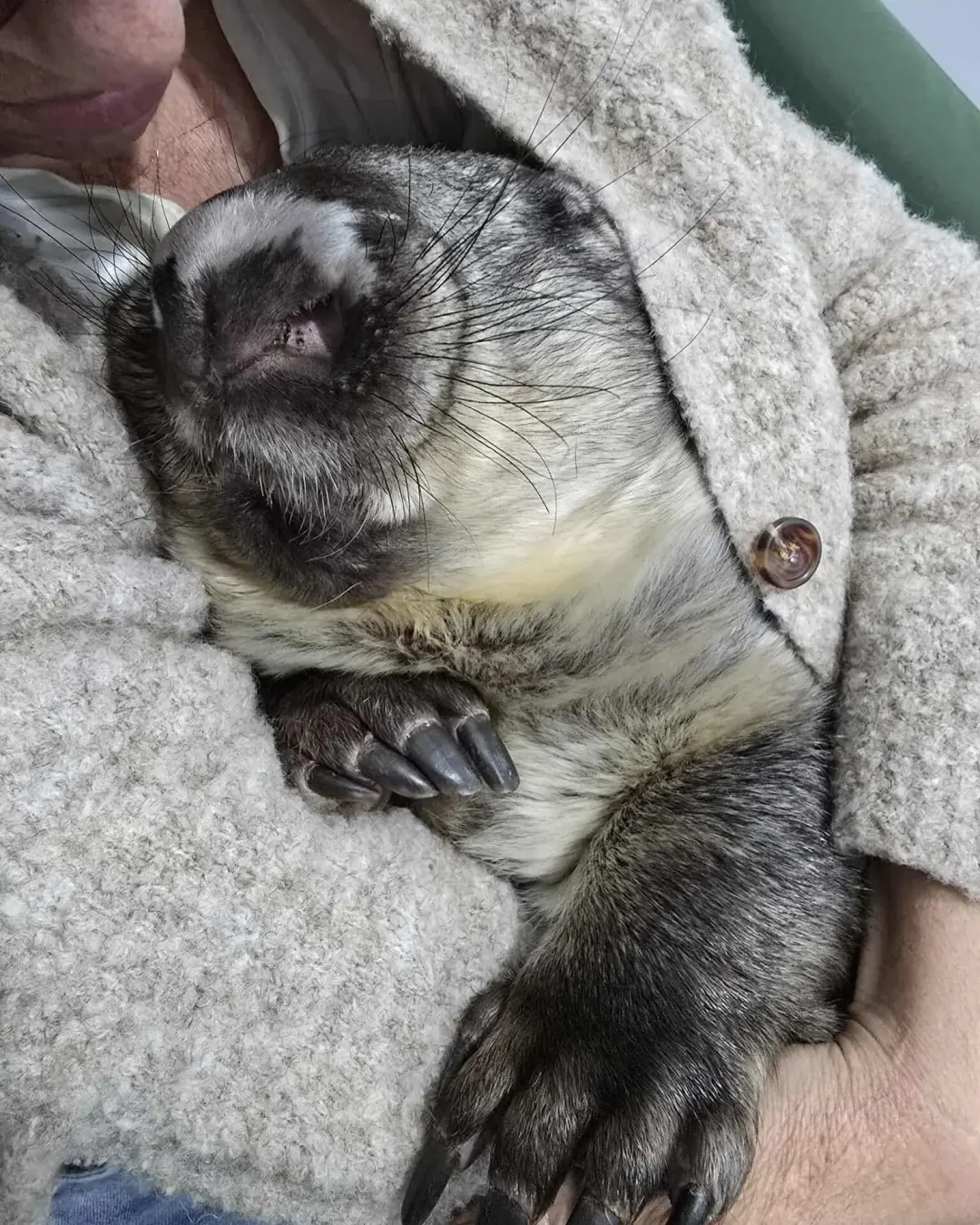
A Heartbreaking Goodbye: Remembering Beeper’s Final Journey

A Mother’s Battle: Fighting Cancer With a Newborn in Her Arms
